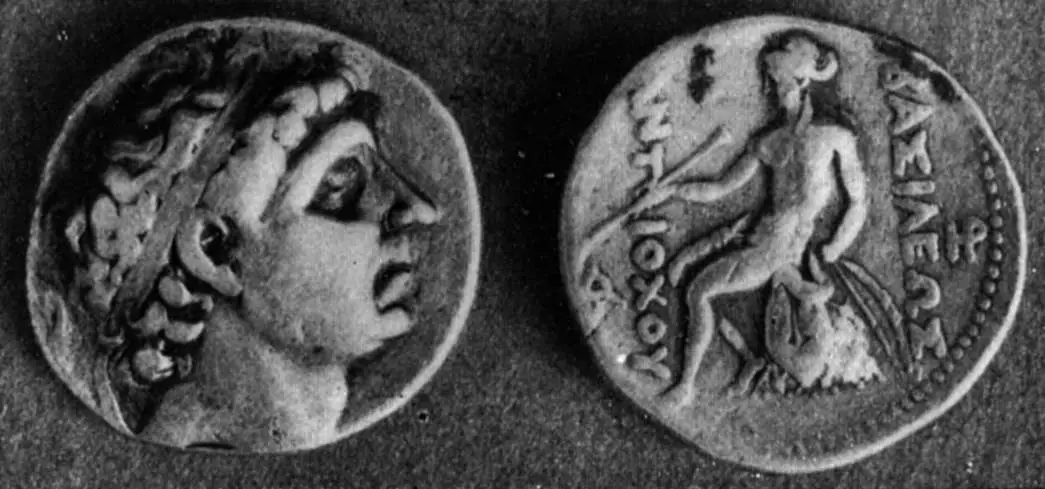Timeline of Mesopotamia
Background
Mesopotamia is an area in south western Asia where the first human civilisation emerged. The people who lived in Mesopotamia were nomads which means that they had no particular home; they moved from place to place. Soon this changed as people began to settle in particular locations. Mesopotamia soon saw the rise of cities, regions and empires. This timeline provides a summary of the history of Mesopotamia from its earliest settlements. It looks at the timeline through the main empires of the period: the Sumerian, Akkadian, Babylonian, Assyrian and Persian Empires.


Around 7000 BC – The first farmers settle in northern Mesopotamia, herd animals and grow crops on the fertile river soil.
Around 5400 BC – The world’s first city is established by the ancient Sumer people. It is called Eridu.
About 5000 BC – Farmers begin to settle in the south of Mesopotamia. They develop irrigation which meant that they found a way to direct water to crops to make them grow more effectively.
Around 4000 BC – The Sumer people start to build ziggurats which were large, stepped buildings made out of mud brick. They were places where people worshipped their gods. They began building more cities.
Around 3600 BC – Writing is invented at the city of Uruk. The people draw pictures to represent various objects.
Around 3000 BC – The Sumer people use carts with wheels.
Around 2700 BC – King Gilgamesh led the city of Uruk. He is seen as a heroic figure who defended his people by building a wall around Uruk.
Around 2300 BC – Sargon the Great establishes the Akkadian Empire by conquering Mesopotamia.
Around 2000 BC – The first Assyrian Empire is established in the north of Mesopotamia and lasts for more than 500 years.
Around 2154 BC – The Akkadian Empire comes to an end.
Around 1792 BC – Hammurabi takes power as King of Babylon. Eventually, he ruled over all of Mesopotamia. He is best known for his law code which sought to prevent crime and bad behaviour.
Around 1750 BC – Hammurabi dies and the First Babylonian Empire goes into decline.
Around 1595 BC – Babylonis sacked by a tribe called the Hittites. A people called the Kassites then hold power in the city for 400 years.
Around 1307 BC – The Assyrian King Adad Nirari Ibegins a new period of military expansion which would last in one form or another until the end of the Assyrian Empire in 612 BC.
Around 1200 BC – Assyrians rule over the greater part of Mesopotamia due to aggressive military tactics and new weapons made of iron.
Around 1114 BC – Assyrian rule of ‘the middle period’ reaches its height under King Tiglath-Pileser I.
Around 722 BC – Assyrian Empire (Now the Neo-Assyrian Empire) achieves its biggest land coverage under Sargon II.
Around 668 BC – King Ashurbanipal rules as one of the greatest Assyrian kings. He builds a new palace in Nineveh and starts to gather everything that had been written in Mesopotamia up to that point. This led to the creation of Ashurbanipal’s famous library.
Around 616 BC – Nabopolassar defeats the Assyrians to take Babylon and start the Neo-Babylonian Empire.
Around 612 BC – Assyrian Empire comes to an end.
Around 605 BC – King Nebuchadnezzar rules in Babylon after his father, Nabopolassar, dies. He rebuilds the city and engages in a number of impressive construction projects, including the famous Hanging Gardens, and builds the Neo-Babylonian Empire.
Around 539 BC – Cyrus the Great takes control of Babylon and most of Mesopotamia falls under Persian rule. Cyrus establishes a new form of tolerant leadership and the Persian Empire under him and future leaders eventually extends from Egypt to the Indus Valley in the east.
Around 522 BC – Darius the Great comes to power as king of Persia. Darius I established new forms of regional control, a huge roads network and the creation of a postal service.
Around 490 BC – Darius reacts to Greek uprisings on his western border by ordering a full land invasion of mainland Greece. The adventure ends in humiliating defeat.
Around 480 BC – Xerxes I tries to defeat the Greeks again in another land invasion. Again the Persians are defeated.
Around 331 BC – Alexander the Great conquers the Persians and changes the ancient world forever.



